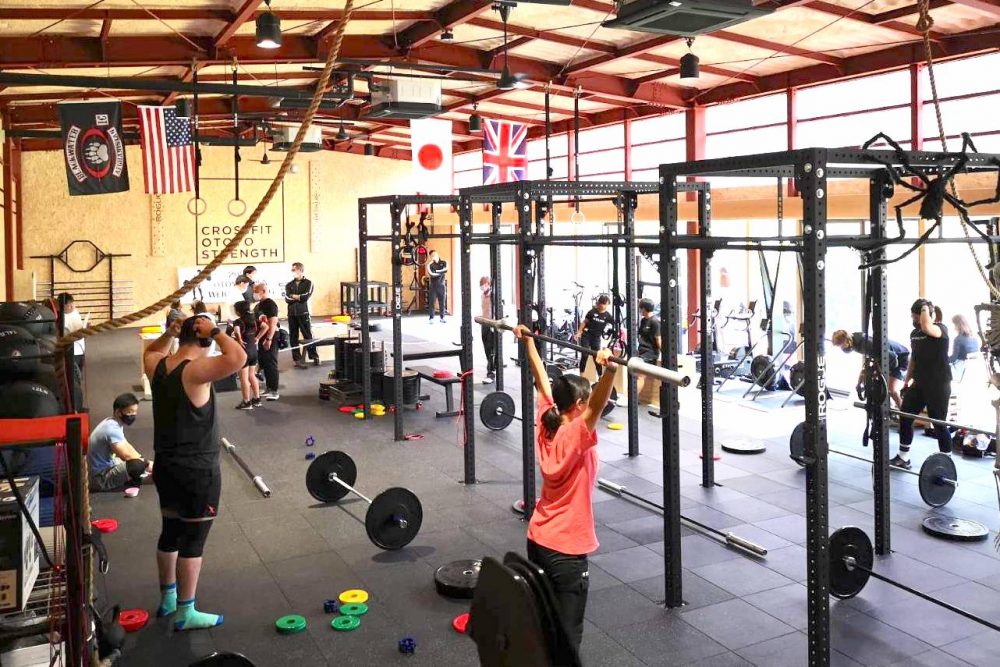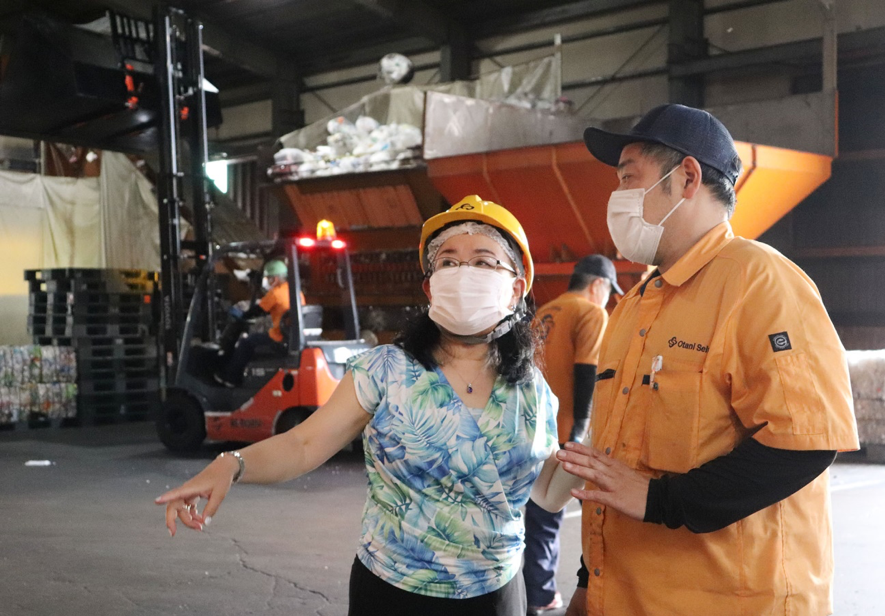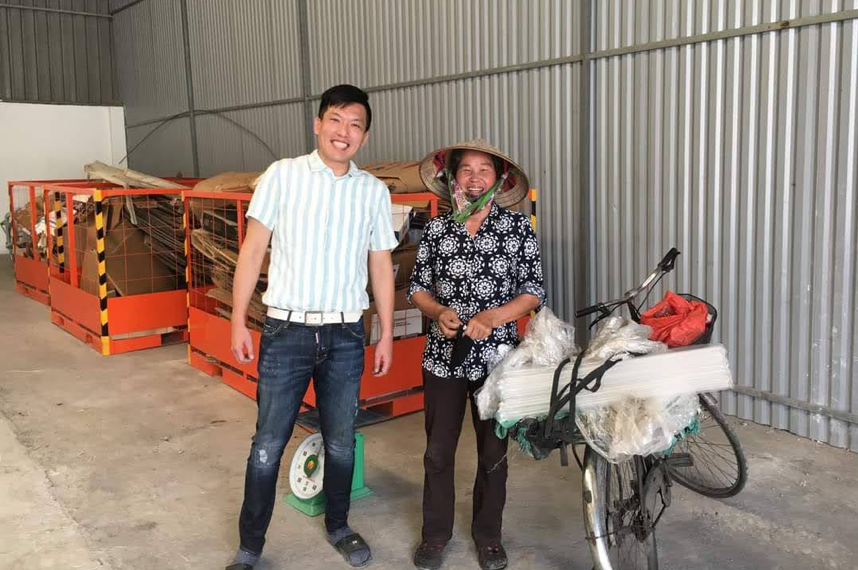Women in Antarctica: Breaking Barriers in Japanese Polar Exploration
After returning from Antarctica with Japan's wintering team this spring, Manami Yamaoka reflects on spending 15 months in one of Earth's harshest environments.
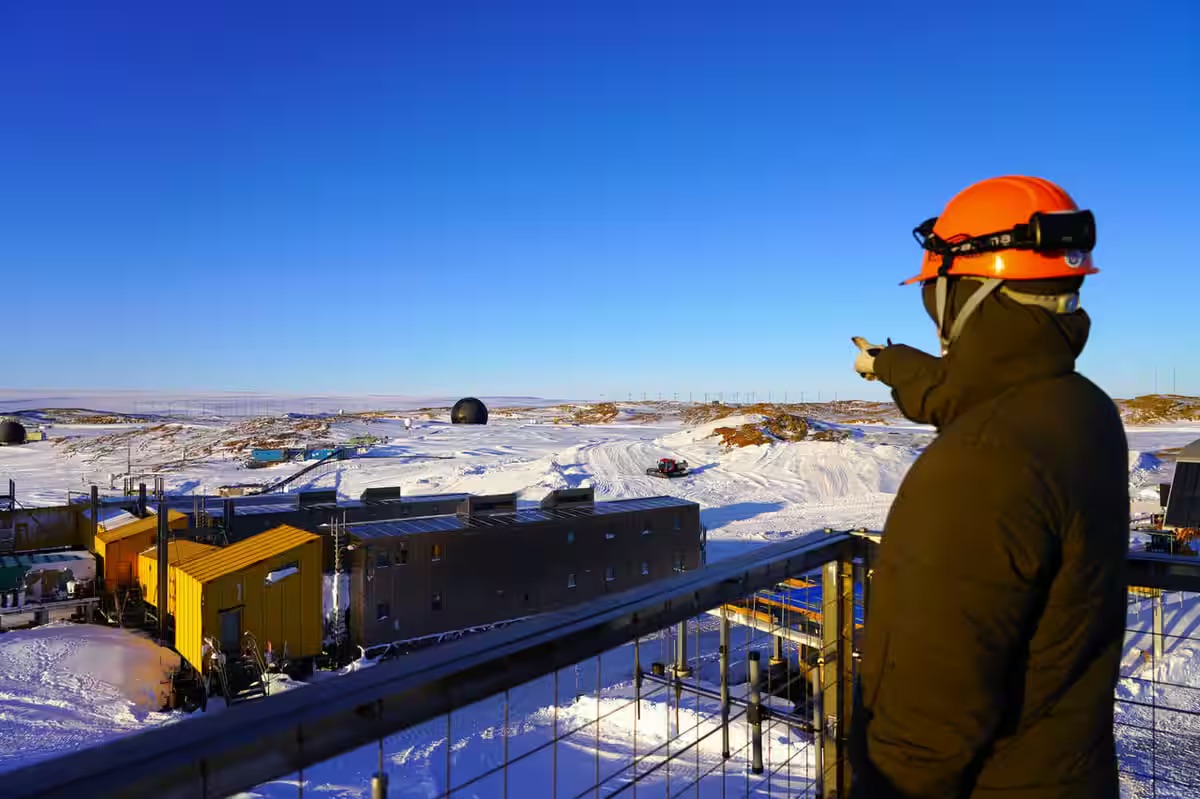
このページを 日本語 で読む
The wintering team of the 65th Japanese Antarctic Research Expedition returned to Japan this spring. Among them was Manami Yamaoka, 31, a staff member in the Human Resources Division at the Nara Institute of Science and Technology (NAIST) in Ikoma, Nara Prefecture. Yamaoka spent one year and three months at Showa Station in Antarctica — an experience she describes as a continuous learning journey.
As the number of women participating in polar expeditions grows, her role reflects a broader shift toward greater gender inclusion in this demanding field.
She first laid eyes on the Antarctic continent in November 2023, just a month after departing Japan, more than 14,000 kilometers away.
As one of 27 members of the wintering team, Yamaoka was in charge of general affairs, logistics, and supply transportation. She returned to Japan in February 2024.
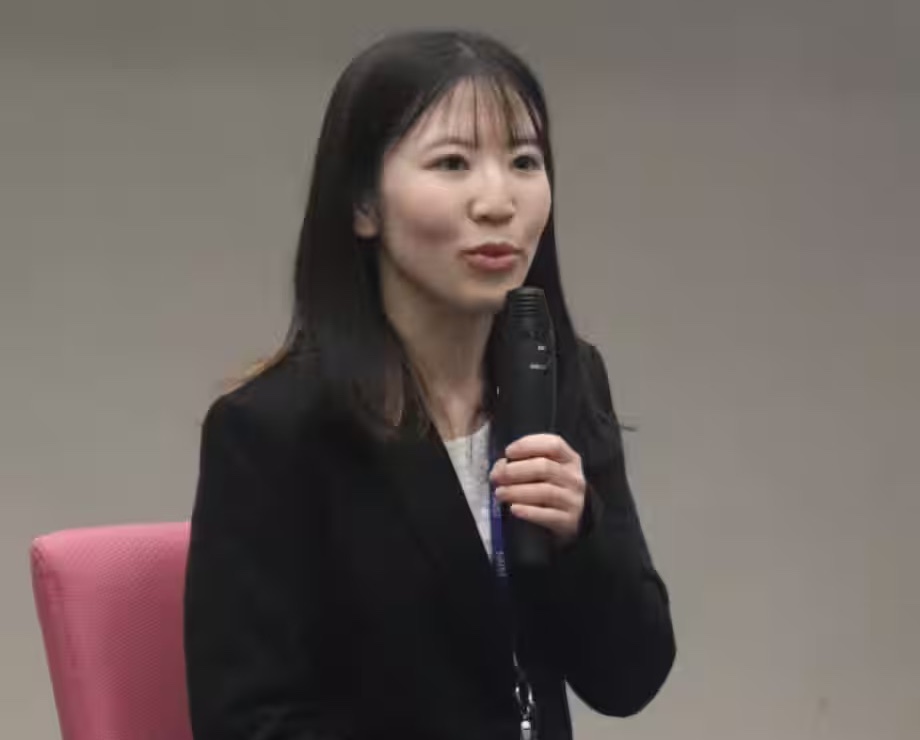
Self-Sufficiency in an Extreme Environment
Life at Showa Station required self-sufficiency. Team members handled everything themselves, from cooking and hauling supplies to managing waste.
"It felt like a small village just for us," Yamaoka recalled. "In Japan, there's always someone else to do these things, but not there."
Despite the challenges of communal living in such an extreme environment, Yamaoka came to value the importance of clear communication and teamwork.
Reflecting on her time in Antarctica, she shared a renewed sense of purpose: "I want to keep working in a way that lets me contribute to the organization in a meaningful role."
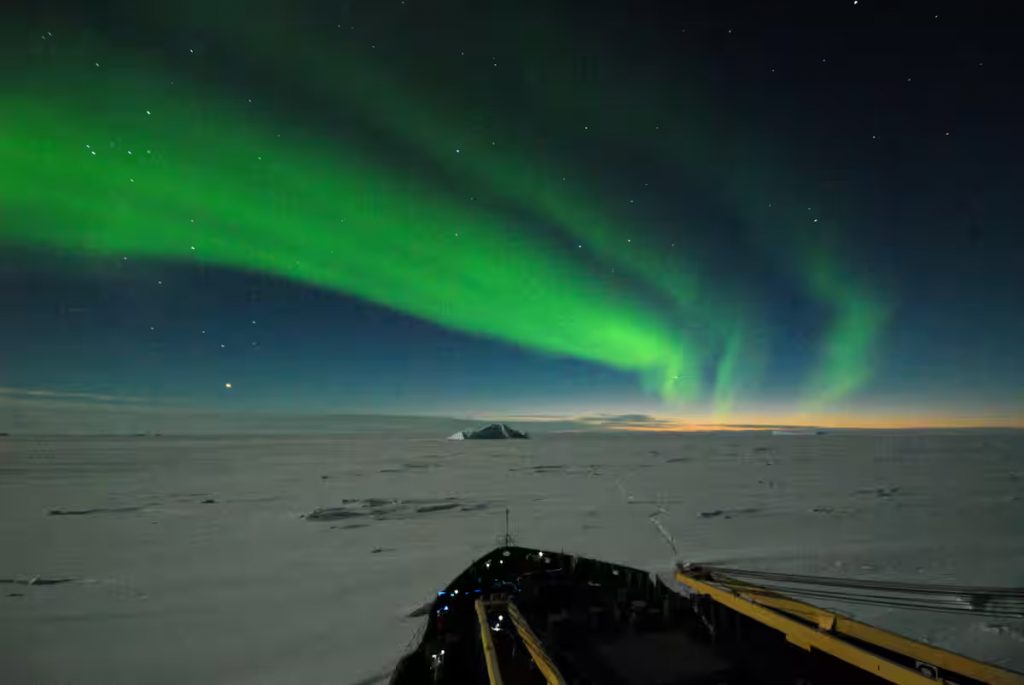
Japan's Antarctic Expeditions
Antarctica, a vast continent 36 times the size of Japan, isn't owned by any country. The 1959 Antarctic Treaty, signed by Japan and 11 other nations, banned military activity and set the foundation for international scientific cooperation. Today, 58 countries have signed the treaty, regularly sending research teams for scientific study.
Japan began its Antarctic expeditions in 1956, carrying out ongoing research on auroras, oceans, ice, and other natural phenomena. According to the National Institute of Polar Research, the first woman joined an expedition in 1962.
Since 2002, between one and 19 women have participated each year, contributing not only to research but also in roles such as doctors and meal preparation and public relations personnel.
Women in STEM
The role of women in these missions continues to expand. In December 2024, the 66th expedition departed with Professor Naomi Harada of the University of Tokyo appointed as the first female leader of a Japanese Antarctic research team. Of the 114 members, including support staff, 25 were women, the highest proportion to date at roughly 20%.
"In the past, the idea of sending women wasn't even considered. There were no women's toilets or facilities," recalled a male member of the National Institute of Polar Research, who had participated in an earlier expedition.
"But today, with more women in STEM fields, joining an expedition is just one of many options for women in science."
Gender No Longer a Barrier
While the summer team stays for about three months, the wintering team remains in Antarctica for a full year.
To support women facing the challenges of this remote environment, the National Institute of Polar Research began holding pre-departure meetings for female members around six years ago. The next session is scheduled for June. Once in Antarctica, women can also consult with doctors in Japan through online medical services.
Looking ahead, the 67th expedition, scheduled for dispatch this winter, will mark another first. Associate Professor Mitsumu Ejiri from the National Institute of Polar Research will become the first female leader of a wintering team.
A staff member expressed optimism about the future: "If you have the motivation and interest, gender is no longer a barrier. I hope more women will take on the challenge and share their experiences with the next generation."
RELATED:
- Tokyo Police Academy Welcomes Record Number of Female Recruits
- JSDF Has First Female General, Better Work Environment for Women
- Women in Focus: Ayuko Hoshino, the Scientist on a Quest to Cure Cancer
Author: Eriko Ogawa, The Sankei Shimbun
このページを 日本語 で読む






